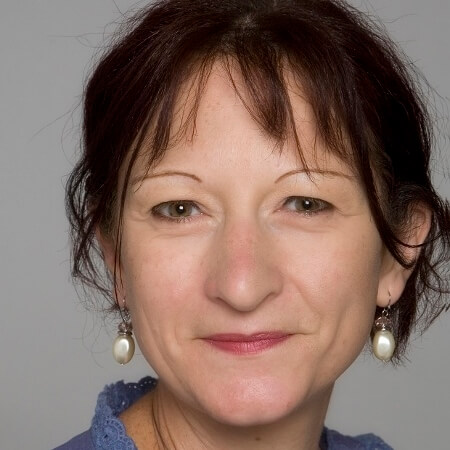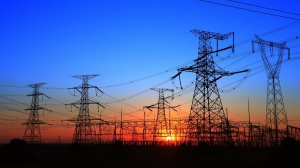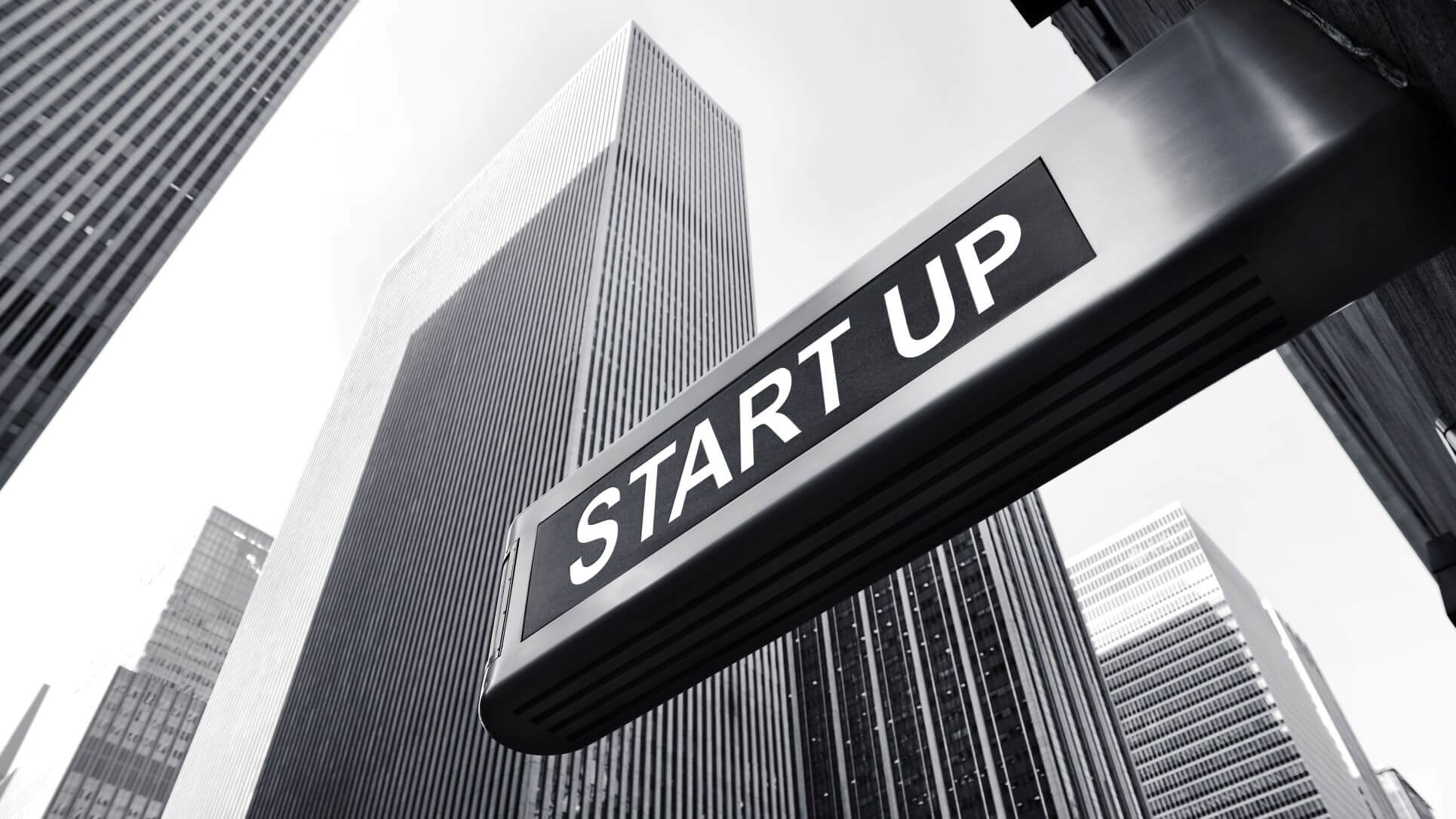Author of 'Ambition: Why It’s Good to Want More and How to Get It'
View Author ProfileEnergy can't be created or destroyed, according to Newton, but it it can be wasted. Focus your efforts on your businesses better, or risk doing a load of work for nothing.
Guides
How To Focus Your Energy Better
Energy can't be created or destroyed, according to Newton, but it it can be wasted. Focus your efforts on your businesses better, or risk doing a load of work for nothing.

It is no surprise that starting a business requires lots of energy. But what budding entrepreneurs sometimes forget is that energy needs to be focused and directed otherwise it will simply dissipate in a frenzy of activity and not actually achieve anything worthwhile.
Here’s how to focus your energy effectively so that you accomplish the things that really matter:
1. Stop multi‐tasking.
Doing several different tasks at the same time may sound like an incredibly efficient way to get a lot done in a short amount of time. But in reality all that happens is you end up doing everything badly because you are not giving any one task your full attention.
The problem is that multi‐tasking is a seductive idea because it feels like you are being really clever. It is also quite hard not to do it, particularly if you have loads of stuff to do. Who hasn’t tried to write emails to someone while on the phone to someone else? Or surreptitiously checked emails while in a meeting?
The last one in particular is really tempting, but if you do this you’re likely to miss something important that is happening in front of you. And you won’t remember the emails you were reading at the time either, because you skim‐read them and weren’t really concentrating. Which means that later you’ll realize you forgot to reply to them too.
Sometimes you do have to multi‐task. Taking an important call while feeding children tea is hard to avoid. But mostly you don’t have to. So stop. Do one thing well, finish it, then do another thing well. Give each separate task your total attention. It takes discipline. But it works.
And while we are on the subject: don’t answer your mobile phone if it is not a good time to do so. That is what voicemail is for. You may think you are being efficient but you are actually just being annoying. If someone really wants to talk to you, they will leave a message and you can call them back when you are able to.
2. Start writing better to‐do lists.
To‐do lists are a great idea in principle. But only if you keep tight control. If you are not careful your to‐do list can end up controlling you, rather than the other way round. That happens when you put so much on it that you can’t possibly get it all done.
So you give up before you start. Be ruthless about what goes on your to‐do list. Three tasks a day are enough. And don’t give yourself the option of letting things roll over indefinitely. Three strikes and they are out – either do it or bin it.
And beware of falling into the trap of putting tasks on your list as a way of avoiding doing them. Don’t write down that you need to phone or email someone if you could easily pick up the phone or email them straightaway. If used like that, your to‐do list becomes a procrastination tool – the exact opposite of its real function.
Make it a rule that if a task will take less than five minutes, you do it right now.
3. Get better at making decisions.
Perhaps one of the most important things you can do to get closer to your ultimate goal is learn how to make good decisions. If you endlessly procrastinate, or keep changing your mind, you will not only infuriate yourself, you will infuriate those around you and quickly lose their trust and respect.
Get all the facts, understand the risks associated with each possible option, find out when the deadline for making your decision is, then get on with it. Even a poor decision is usually better than no decision at all because at least it gives you something to work with.
Gavin Patterson is chief executive of BT, the telecoms company. He studied chemical engineering at Cambridge University and before joining BT worked for Procter and Gamble and Telewest.
He says: “Making decisions is the single distinguishing characteristic that separates the good from the great. The people that are really outstanding are the ones who are great at making decisions. It is an art more than a science. You don’t have to get every decision right; you have to get the majority right.
"If you can get two thirds of your decisions right, you are doing really well. With the best will in the world you are just not going to get them all right.”
4. Stay healthy.
Simon Cowell does 500 push ups before starting work. Barack Obama starts each day with a cardio and weights session in the gym. The best way to keep your energy levels high is to look after yourself properly. It makes a lot of sense.
Happy body equals happy mind – equals your best chance of achieving your ultimate goal. That means eating the right kind of food, getting plenty of exercise and getting enough sleep. It also means taking a break every now and then to immerse yourself in something other than your business. Ideally something which uses a different part of you.
If you have been staring at a computer, bake a cake or do some gardening. If you have been building something with your hands, read a book or listen to music.
5. Just say no.
One of the most powerful tools in life is learning how to say no to things. It can be hard to say no because it somehow feels wrong. But if you are going to start your business rather than just talking about it, there will be times when you need to turn down suggestions and opportunities, no matter how exciting and lovely, because they don’t take you nearer to where you want to be.
It might have been kind of someone to invite you to an event, but unless it really is vital to your venture, that’s several hours wasted which you could have spent much more profitably building your business.
Rachel Bridge is a journalist, author and public speaker. The former Enterprise Editor at The Sunday Times, Rachel currently writes about entrepreneurs and successful people for The Telegraph and The Times. Her latest book is Ambition: Why It’s Good to Want More and How to Get It , available on Amazon (published by Capstone).
Most read in Guides
Trending articles on Guides
Top articles on Minutehack
Thanks for signing up to Minutehack alerts.
Brilliant editorials heading your way soon.
Okay, Thanks!




